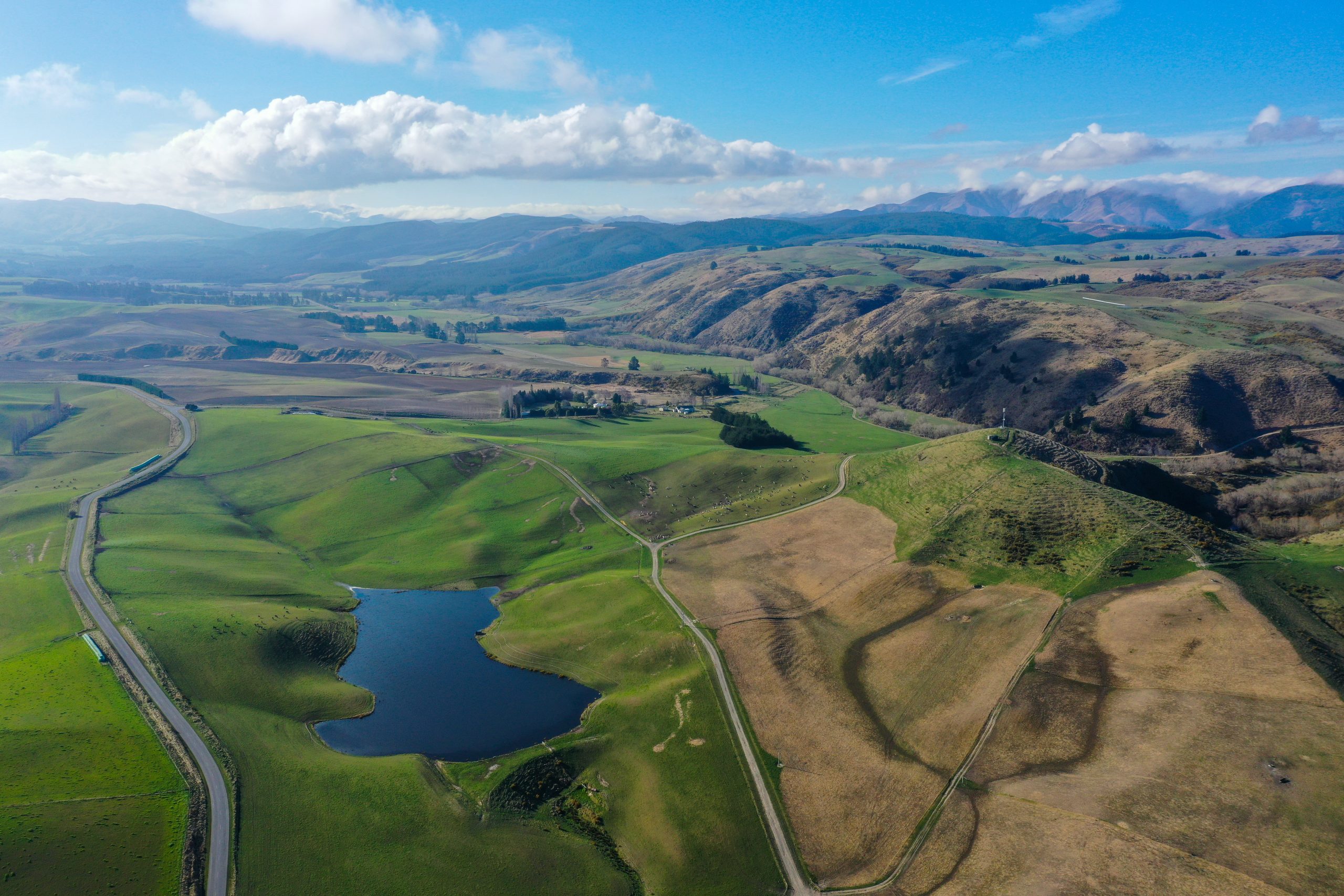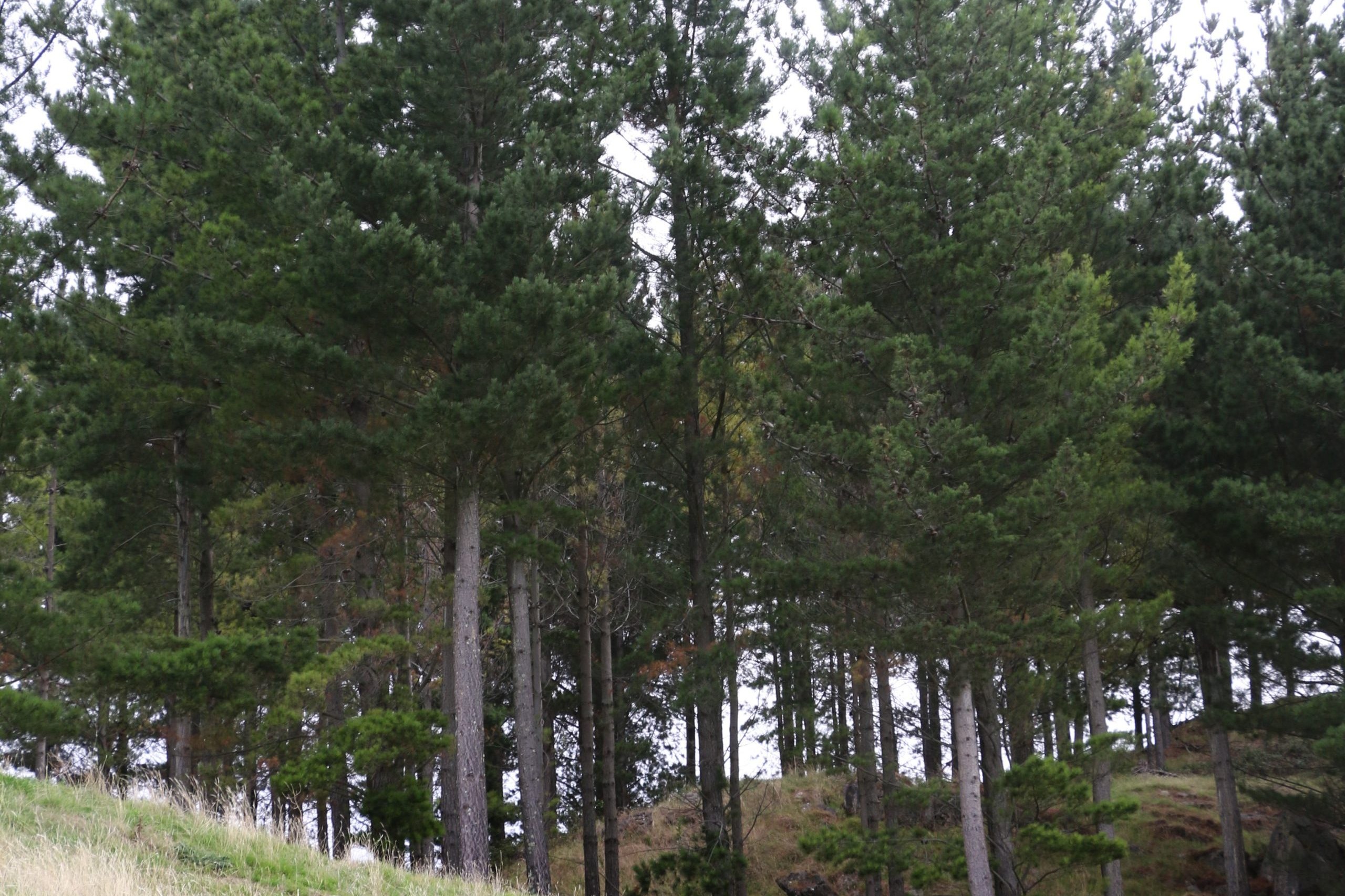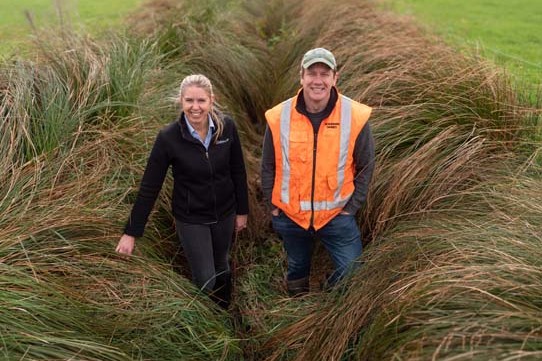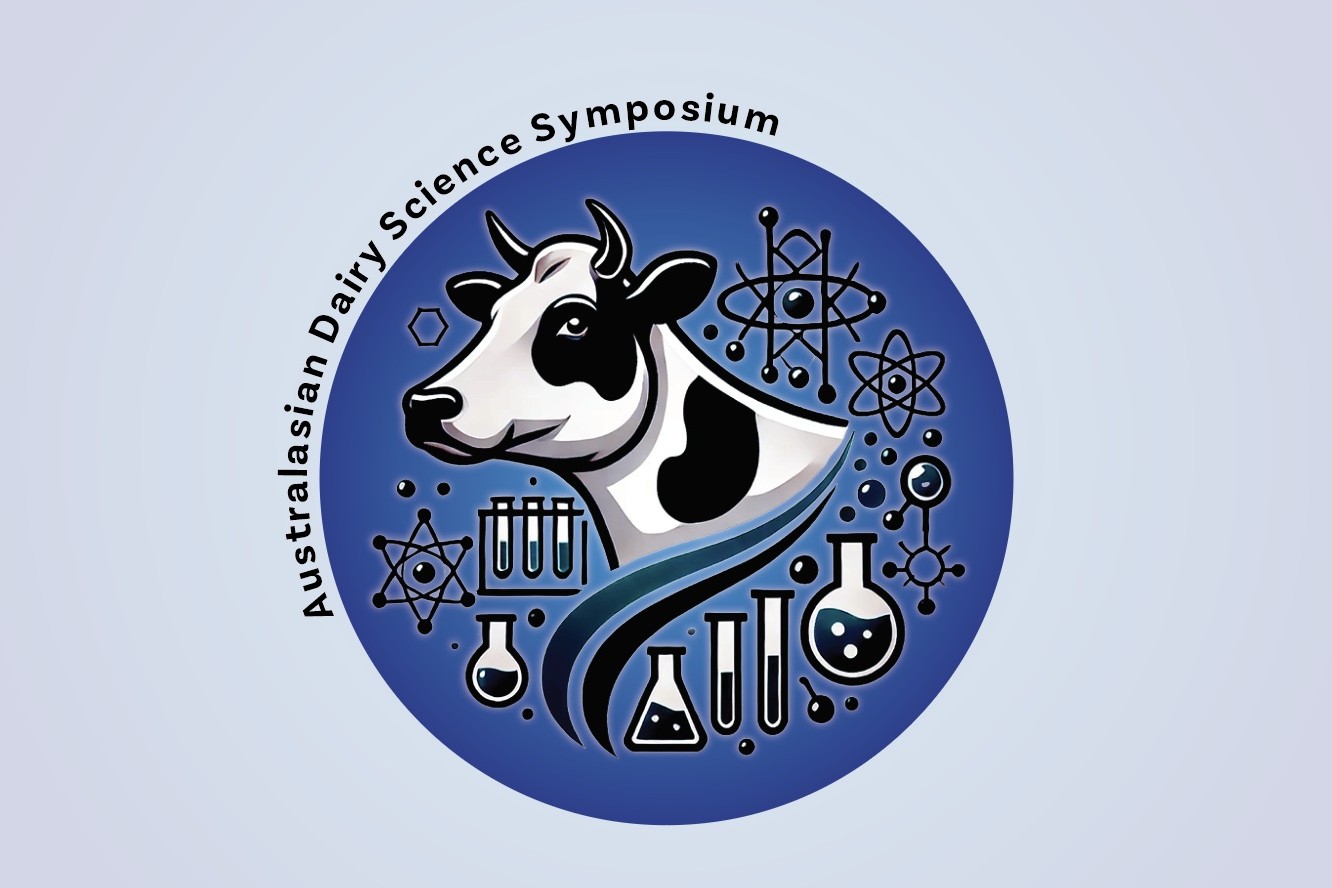Australian climate technology company Rumin8 has begun two safety and efficacy trials of its methane-reducing feed supplements in New Zealand.
The trials – one on beef cattle and one on dairy cattle – seek to test Rumin8’s product integration in NZ pasture-based systems.
Rumin8 identifies naturally occurring compounds that have anti-methanogenic properties, but instead of harvesting and extracting them from plants, is able to reproduce them in a highly efficient, low-cost, scalable, and high-quality process to feed to livestock in order to reduce their emissions.
The trials will use different measuring methodologies – both recognised and validated in the field. The beef trial uses methane measuring to provide continuous measurements over 48 hours, while the dairy trial uses Greenfeed systems which measure methane emissions throughout the duration of the trial taking short burst measurements throughout the day.
The first trial is a dose-response trial run by DairyNZ in Hamilton. Lactating dairy cows on a pasture-based diet will be offered the methane-reducing feed supplement three times a day to investigate the methane reduction potential in a pasture-based system.
As with all our ongoing trials, animal health will be closely monitored to validate the safety of our product. Blood samples are analysed for markers of animal health, behaviour is monitored and feed intake measured each day. A further range of measurements and analyses will be undertaken, including methane production, methane intensity (methane per kg milk), milk production, milk components, feed conversion ratio, feed intake, and residues in milk and tissue.
The beef trial, using dairy-beef heifers, will be conducted by AgResearch at Palmerston North’s NZ Ruminant Methane Measurement Centre.
In this trial, four doses will be offered to the cattle to determine the minimum effective dose required. Rumin8’s product will be mixed with a small ration of pellets, while the main diet component will be freshly cut pasture.
At conclusion of the trial, the beef heifers will spend 48 hours in a methane measuring facility, where methane production is continuously measured, as well as liveweights and samples of blood and tissue will be collected for analysis.
Rumin8 managing director David Messina said NZ had always been a target market.
“New Zealand farmers have a strong track record of innovation adoption and desire to minimise their environmental footprint,” he said.
The company has conducted a Phase 2 seed round of funding, raising US$12 million to be spent on commercial trials in Australia, New Zealand, Brazil and the United States.
The funding round was led by Bill Gates-founded Breakthrough Energy Ventures (BEV) with participation from Andrew and Nicola Forrest’s agri-food business Harvest Road Group.
“The demand for sustainable protein has never been more apparent, which is why BEV is keenly interested in reducing methane emissions from beef and dairy,” Carmichael Roberts, of BEV said. “Rumin8 offers a low-cost, scalable toolbox that has already proven to be effective in reducing emissions. Our team will support Rumin8 in working closely with farmers to expand the reach of this solution globally.”
“These trials will ensure that we can be confident in the safety and efficacy of our methane-reducing feed additives in New Zealand dairy and beef production systems.”
Rumin8 was required to seek Agricultural Compounds and Veterinary Medicines approval before the start of the trial.
More? visit www.rumin8.com





